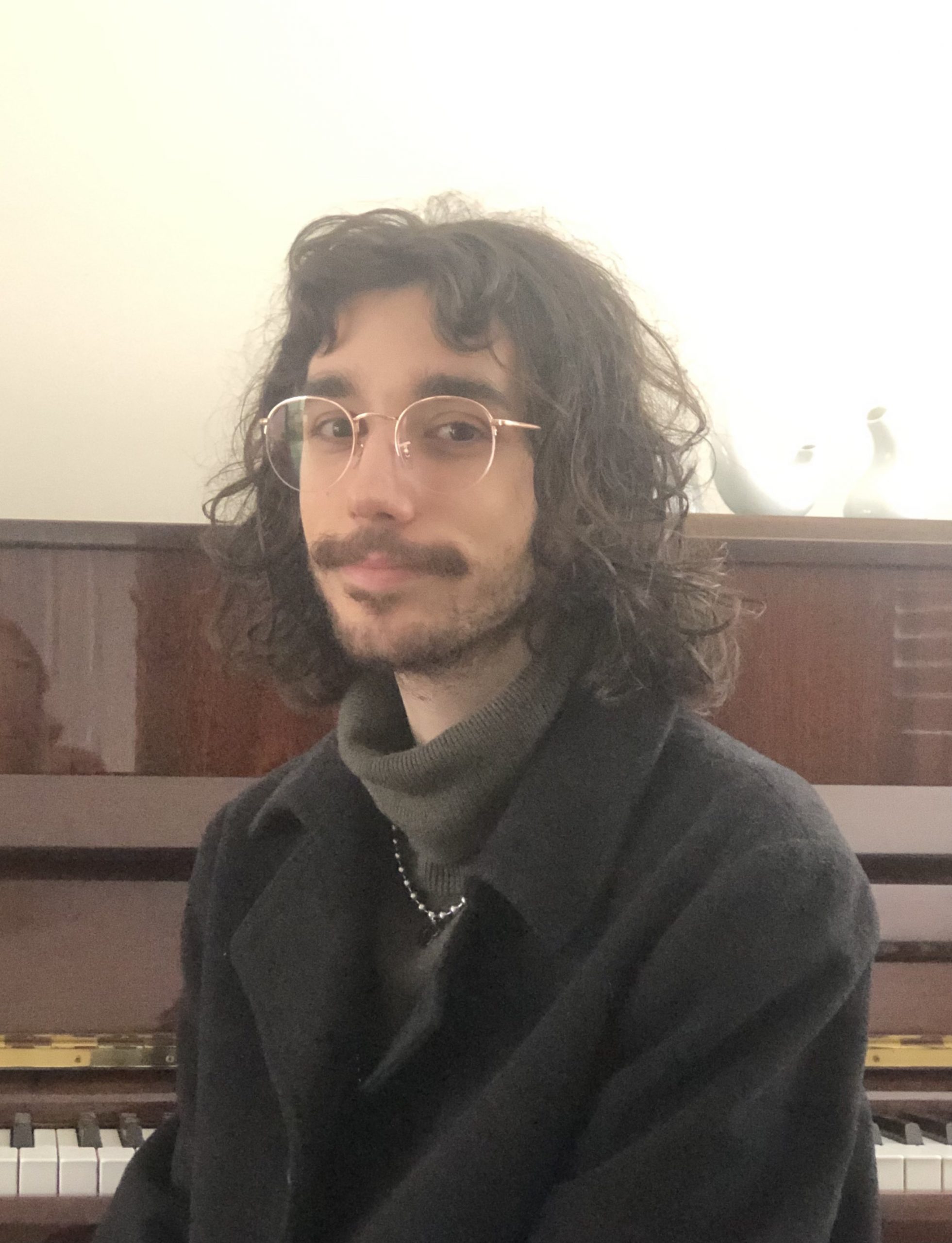
Christopher Parker
University of Technology Sydney
Christopher Parker is a honours mathematics student at UTS with a background in theoretical physics, His interests are in algebraic geometry and general abstract nonsense. His honours project is concerned with enumerative algebraic geometry and intersection theory, and some applications of these topics to string theory. Some other interests of Christopher Parker are in homological and commutative algebra. He loves to teach mathematics and to share and discuss the topics which he is passionate about with other people in the field.
Can you give me a quick overview of the type of mathematics you are studying and its potential impacts for the broader community?
My main interests are in algebraic geometry, which is the study of geometric objects through the use of algebraic tools. Although algebraic geometry is somewhat of a dark art, it still finds some applications in areas of theoretical physics, such as mirror symmetry and string theory, and in computer science it has impacts in topics such as computer algebra and complexity theory.
How did you get into mathematics/statistics/data science? Was there someone or something that inspired you to this field?
I started off in physics, but I found that it was not the right fit for me. I am much more at home in pure maths.
The purpose of Summer School is to give students an opportunity to develop their mathematical skills, meet like-minded people and network with potential employers. What was the most valuable part of the program for you?
I took the computational complexity class, and for myself the most valuable part was getting to dip my toes into an area of mathematics I would have otherwise gone my whole life without knowing. I don’t expect to use the topic of complexity theory very much in the future, since it is not particularly relevant to my interests, but I am very glad that I have familiarised myself with the basic ideas of the field for now, and met some academics and friends who are enthusiastic about the topic.
AMSI Summer School was held as a virtual event. What was the biggest positive from your point of view holding it in this format and/or the biggest challenge?
A classroom/in person environment is much more conducive to learning and discussion. In this sense the online format provided a significant hinderance to the ability to have an open discussion forum between the students and professors during lecture time.
What advice would you give to someone who is considering applying for Summer School?
It is good fun, just a bit tiring and intensive, and I think it is definitely a good way to burn yourself out if you aren’t careful. But in general it is a very good experience to learn new mathematics and meet some new people.
Where do you want the mathematical sciences to take you? Where do you see yourself in five, ten years time?
I see myself having finished my graduate studies in the next 5 or so years. I am very passionate about teaching and sharing the maths that I love, and I hope to incorporate teaching at a university into my academic career, along with research type work.

